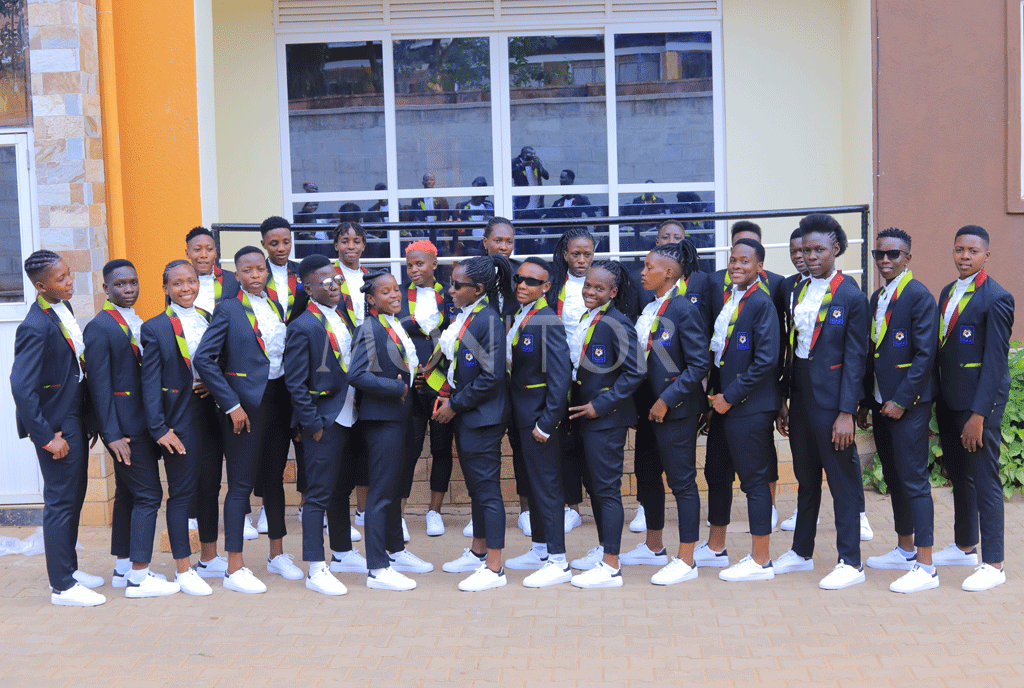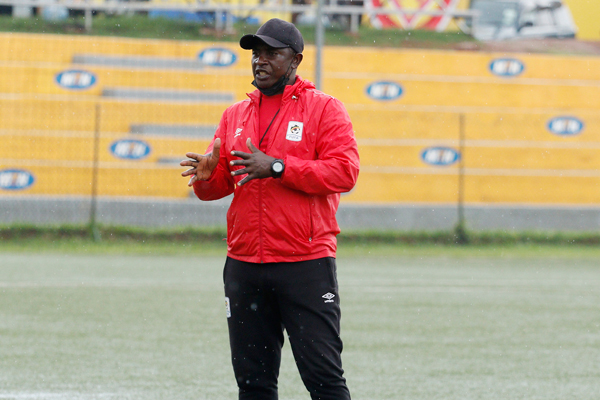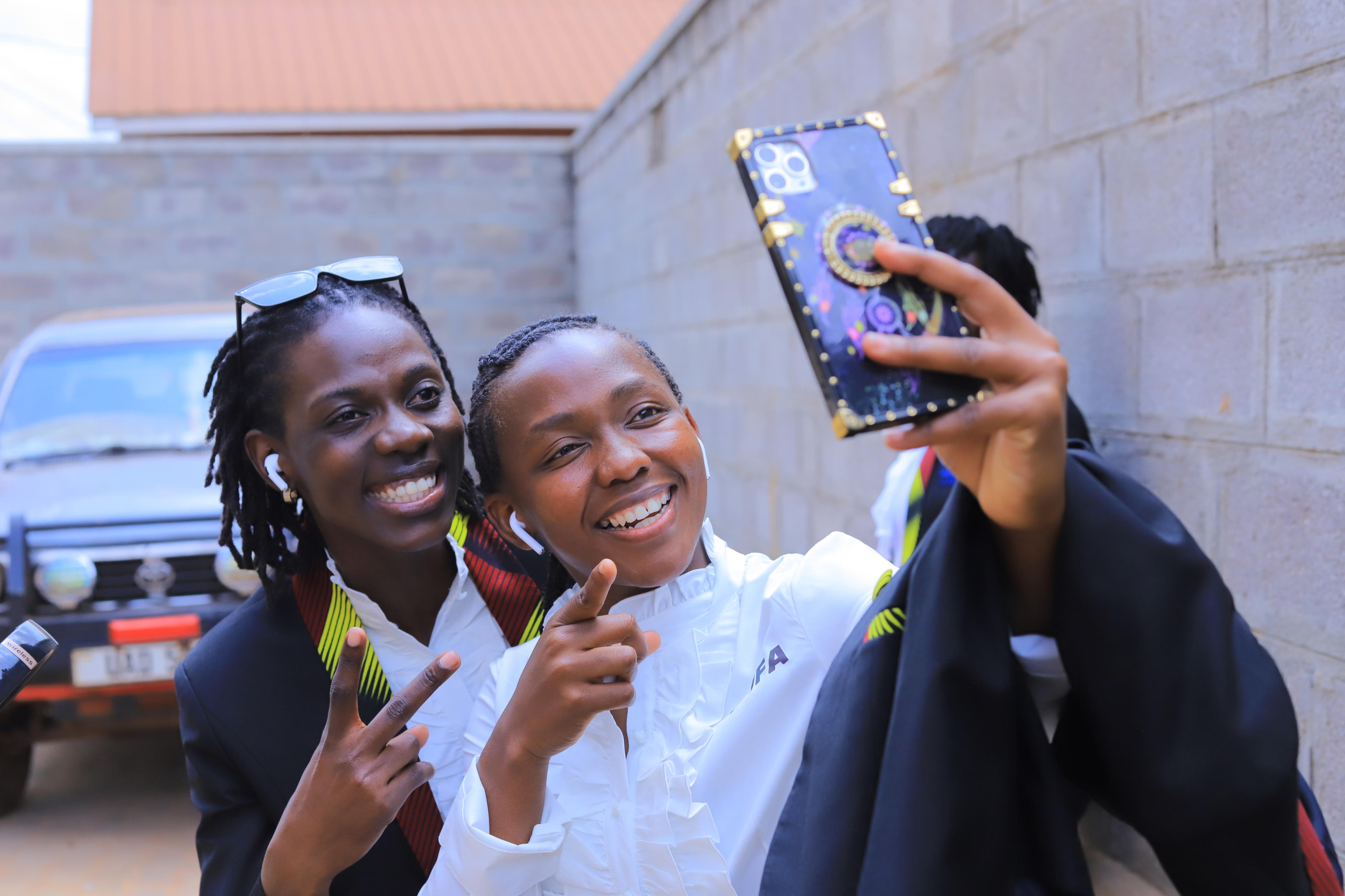Crested Cranes must leave lasting legacy

Sharp. The Crested Cranes have departed for Marrakesh, Morocco ahead of the Women’s Africa Cup of Nations due next month. Right is Nabbumba. PHOTOS/ JOHN BATANUDDE
What you need to know:
- Like with the irregularity of all sporting success in this country, bar Joshua Cheptegei in the past few years, it will be the team’s first appearance in two decades.
This week, the national women’s team, Crested Cranes, will play at the Women’s Africa Cup of Nations (Wafcon) in Morocco.
Like with the irregularity of all sporting success in this country, bar Joshua Cheptegei in the past few years, it will be the team’s first appearance in two decades.
For context, all the success this country has savoured is spread out like oases in a desert.
When John Akii-Bua won an Olympic Gold medal in 1972, the next didn’t come until Stephen Kiprotich’s 5,000m success in 2012. There was a four-decade wait.
The national men’s football team, Uganda Cranes, disappeared from the Africa Cup of Nations (Afcon) for years stretching back to 1978.
You can argue that Kiprotich, and then Cheptegei, have changed the course of athletics in this country forever.
The same must be felt with the Crested Cranes. It is unlikely that the team is going to deliver Cheptegei-like success in North Africa.
They are only retracing a path that vanished post-2002 when Uganda made her Wafcon debut. In that time, there has had to be an entire mind-set change.
By being at the continent’s biggest showpiece, the team is still fighting stereotypes that largely regard football as a men’s sport.
In the developed world where many of us assume that gender equality and equity have been achieved, these same categorisations still exist.
Western media is fond of flashing pages with referees who scale the heights. Football here broke that barrier with Catherine Adipo in the early 1990s.
It is not even news to find female referees officiating a game here after all Sauda Adiru (rugby) and Monica Nassuna (basketball) are the best in their convocations.
The local football federation, Fufa, has deliberately invested in women’s football for nine years and the Crested Cranes qualification is the fruit of that work.
There are two competitive layers of women’s league football and more than 50 schools that have caught the trend. In that time, 14 Ugandan players have found greener pastures across the world.
The next step must be to churn as many professionals as possible to make this a viable employment like it is with the men.
People in the communities where the 26 in Morocco come from must see the lives of these players change in order to appreciate what the game can do in their lives.
Beyond the goals scored and conceded, the sweat of these girls should not be wasted, with regular qualification as a starting point.




